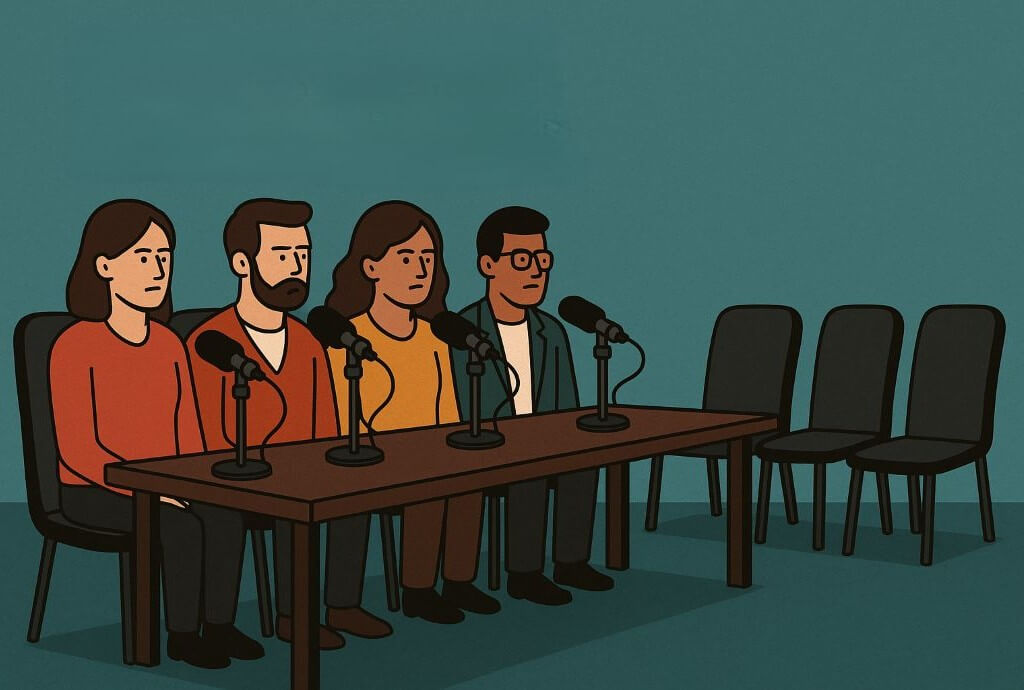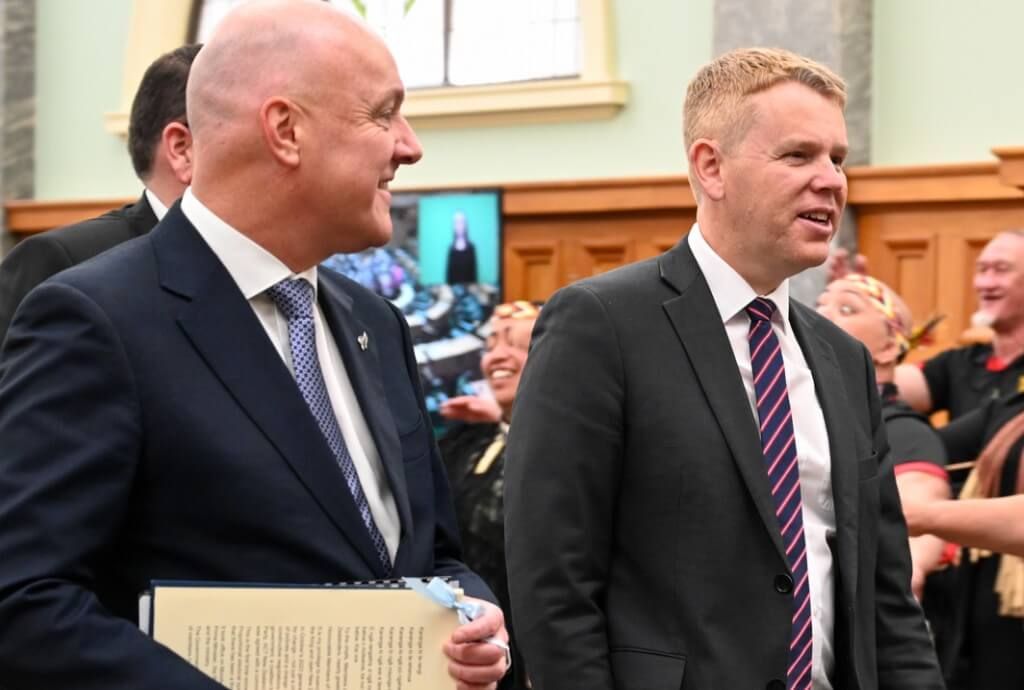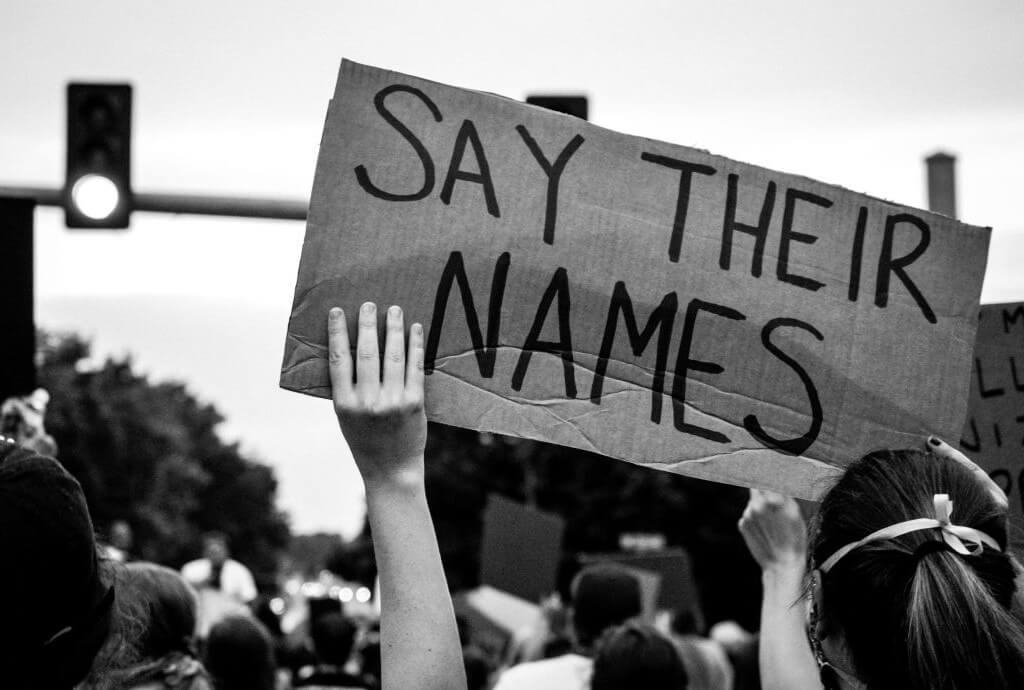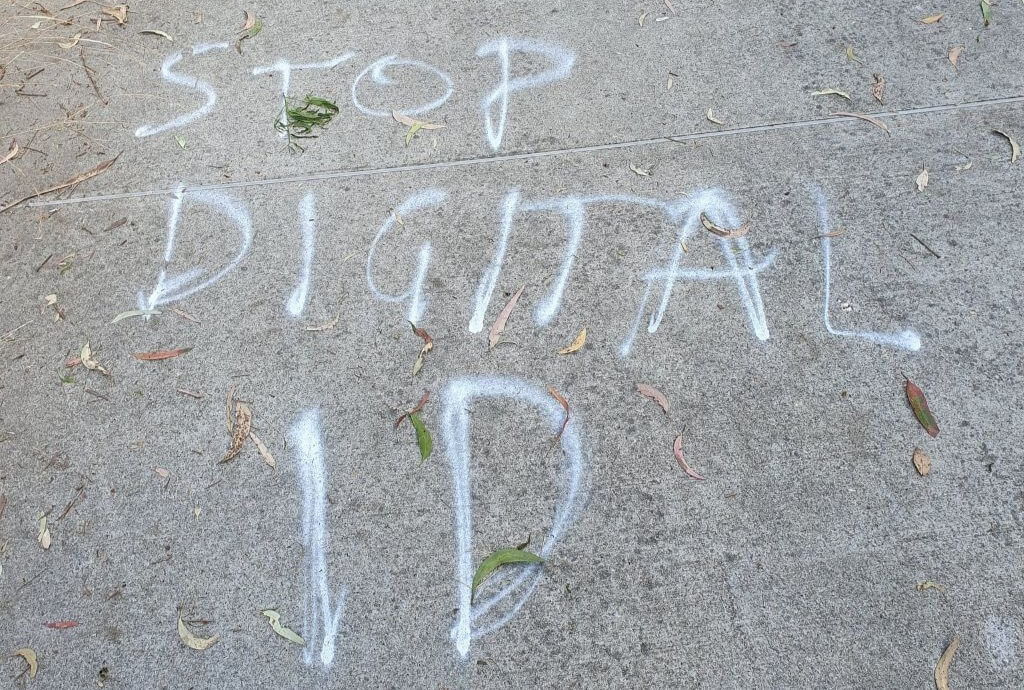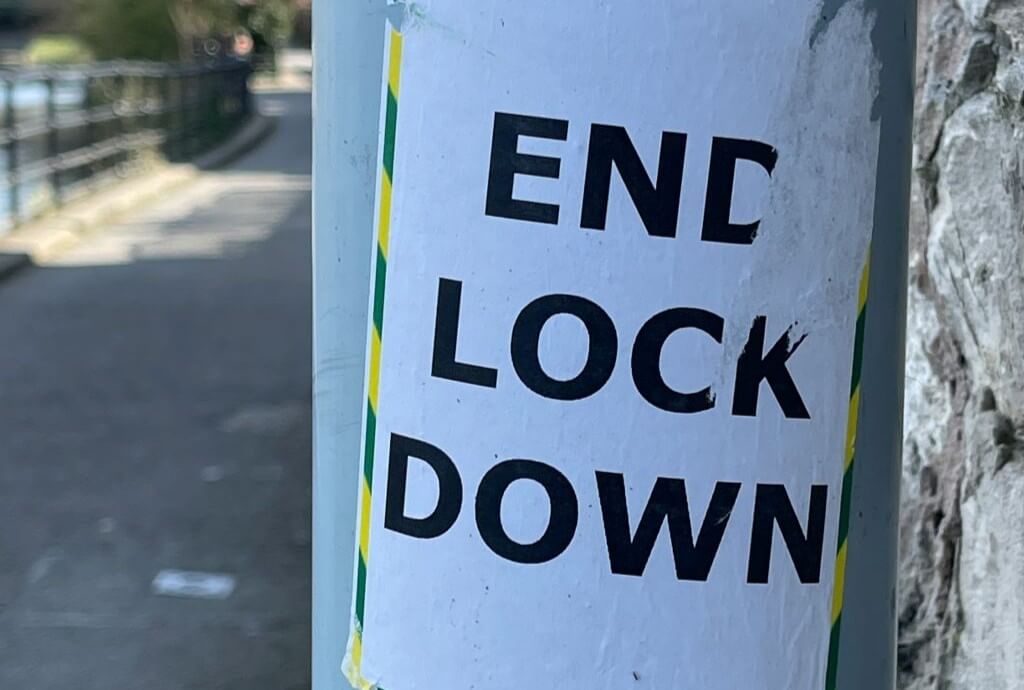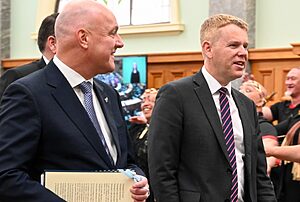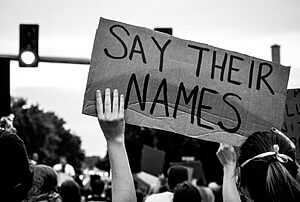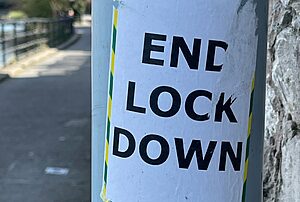In brief
- RNZ’s The Detail cast government policy as a racist attack on Māori identity.
- Host Amanda Gillies asked if New Zealand was “losing its cultural identity,” assuming harm from the start.
- No counterpoint of view offered to counter the insinuation that the government is racist, with no space for voters who backed the policies or for broader ideas of identity.
- How does such advocacy journalism pass through RNZ’s editorial checks?
When public money pays for journalism, the least taxpayers should expect is balance
RNZ’s The Detail episode “Who’s afraid of Aotearoa” shows just how far the taxpayer-funded broadcaster has (again) drifted into partisan advocacy, smearing the government’s recent policy changes as nothing less than a racist assault on Māori identity.
To be clear, this is not a debate about te reo. It is about the dishonest brand of state-funded “journalism” weaponised by one side of a political argument to attack the other. The focus here is not whether the rollbacks are right or wrong, but whether public media is fair in portraying supporters as fearful, ignorant or racist.
Framing dissent as racism
Host Amanda Gillies set the tone immediately: “There’s been a noticeable rise in resistance to te reo Māori … led by the coalition government. So is New Zealand at risk of losing its cultural identity?”
There was no acknowledgement that many voters supported the coalition’s policies, or that “cultural identity” is contested. For some, it means biculturalism and Treaty-based co-governance. For others, it means a multicultural society where English remains the dominant public language. Still others see it in civic terms of shared citizenship.
Stacked guests, one narrative
Gillies promised to “look at what’s really driving the pushback.” Listeners might have expected both sides. Instead, they got a panel of like-minded voices: RNZ Māori journalist Ella Stewart, health advocate Tureiti Moxon, legal scholar Carwyn Jones and academic Awanui Te Huia.
Te Huia declared: “The issue that these policies have created is that it emboldens those [racist] positions and it treats the irrational as rational.” Every guest reinforced that line. Not one voice supporting the government’s position was heard.
The problem is not that these perspectives shouldn’t be heard. They should. But when a taxpayer-funded broadcaster with a statutory duty of fairness produces nearly 24 minutes of advocacy, it is textbook bias.
Conflating scaling back with banning
Gillies claimed Education Minister Erica Stanford had “imposed a near total ban on Māori words” in children’s English readers. She ignored the obvious fact: books designed to teach English focus on English words, just as te reo books focus on Māori.
Later, she lamented that passports would now put English before te reo. Over 95% of New Zealanders speak English as their first language. At no point has te reo been banned from public life.
The smear of ignorance
Supporters of the coalition government’s approach were repeatedly framed as fearful or ignorant. Stewart said: “It comes from a place of ignorance … It’s nothing to be scared of.” Te Huia spoke of a “perceived deficit within one’s own psyche” and urged critics to “keep an open heart.”
These phrases sound like reassurance but function as put-downs. Instead of voters with valid concerns about costs and priorities, critics are treated as psychologically deficient. Imagine if publicly funded media described Māori reluctance to embrace English in those terms; it would be condemned instantly as racist and paternalistic.
Lone dissent, mocked
Only once was dissent voiced, when Stewart said: “I wouldn’t say we’re a racist country.” Yet even this was smothered in caveats of colonialism and ignorance, before being backpedalled as Stewart acknowledged many critics are motivated by racism. Her tepid defense of an egalitarian New Zealand was quickly drowned out by Gillies, citing Taika Waititi’s quip that New Zealand is “as racist as f***.”
The lone flicker of balance was mocked, and the narrative reset.
What’s going on at RNZ?
The Detail is not casual chit-chat. It is a scripted, edited programme with a team of journalists and producers. Every shot at government MPs, every smear of their voters, made it through layers of editorial sign-off without a counterpoint or right of reply.
This raises a serious question: what on earth is going on inside RNZ?
